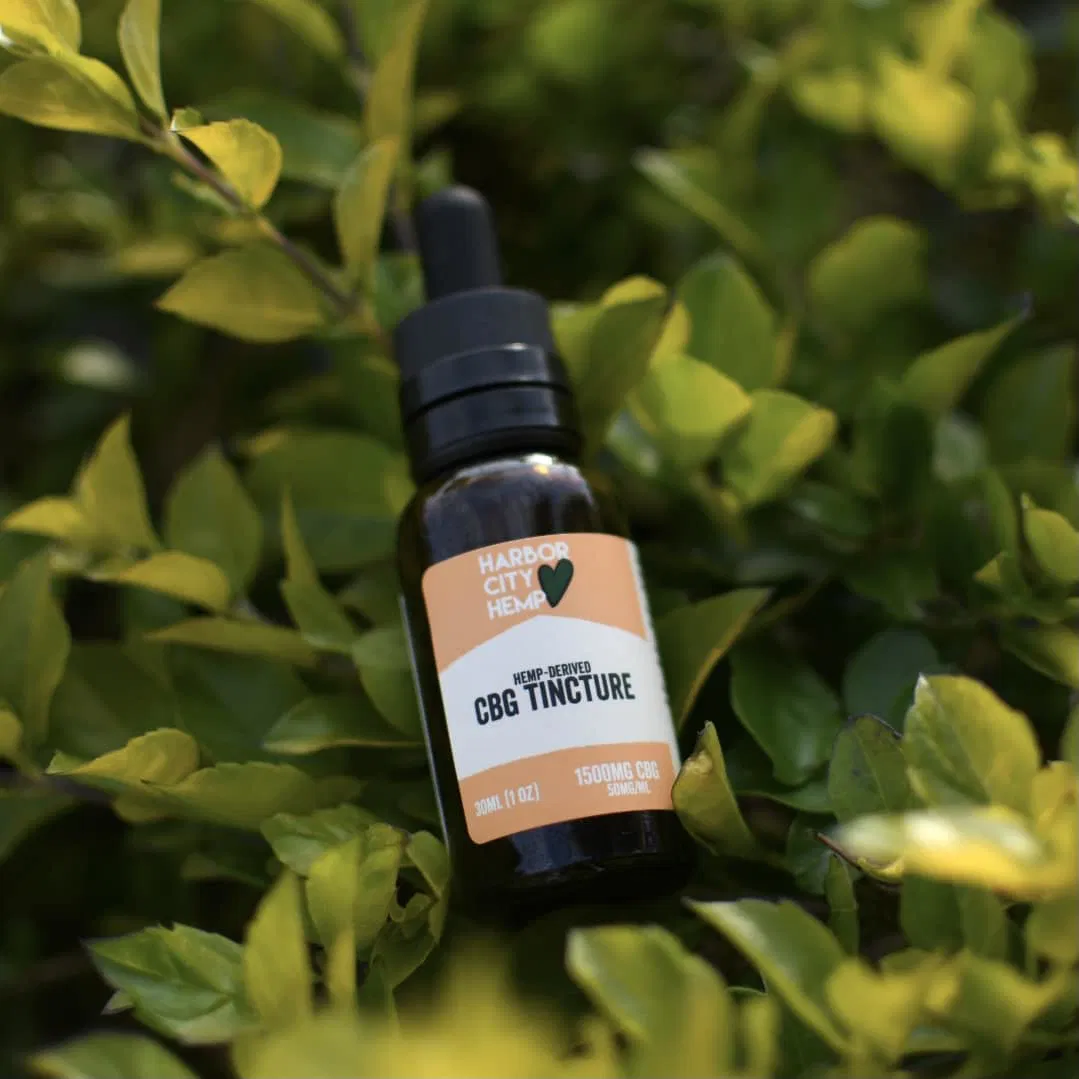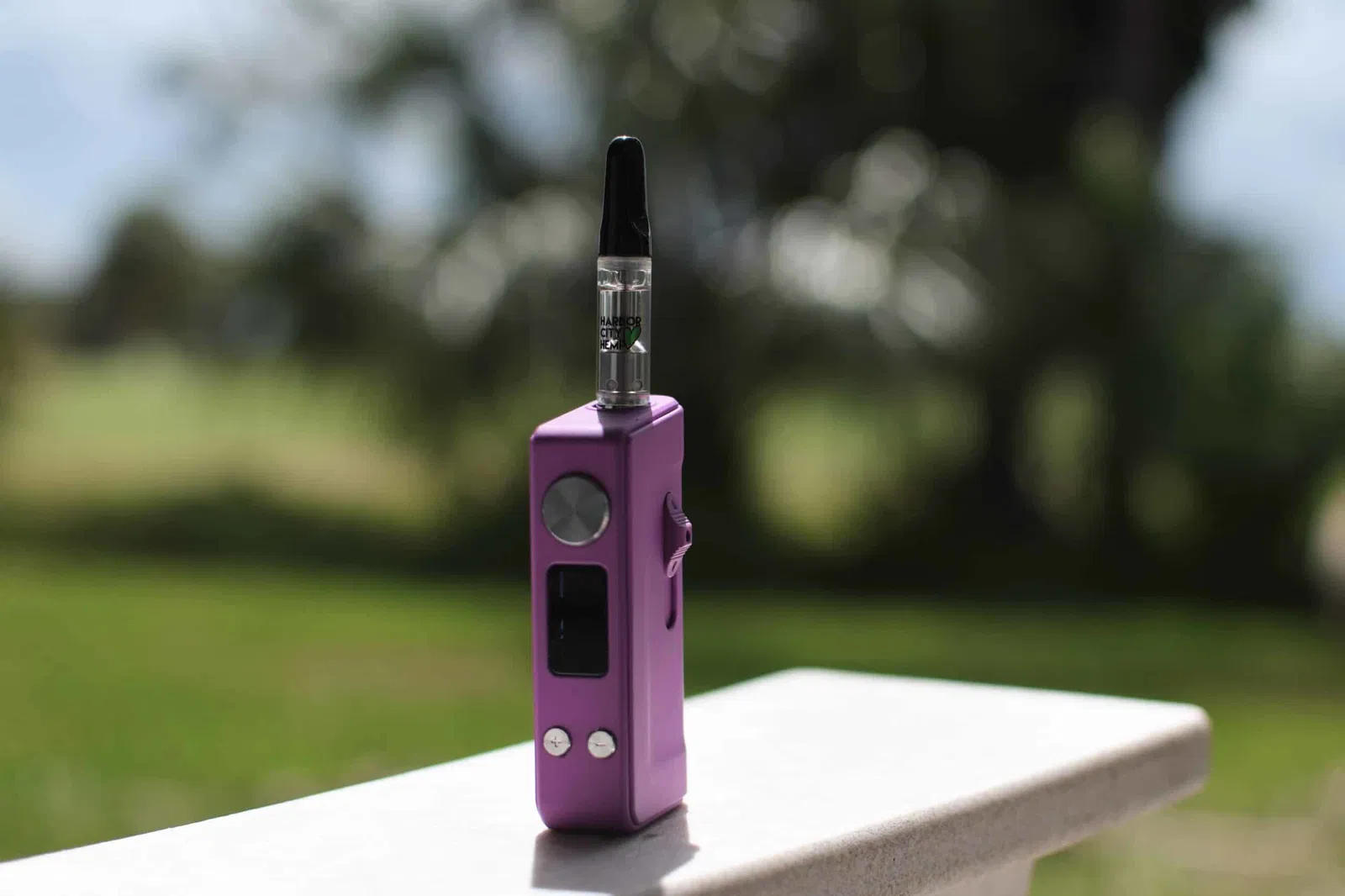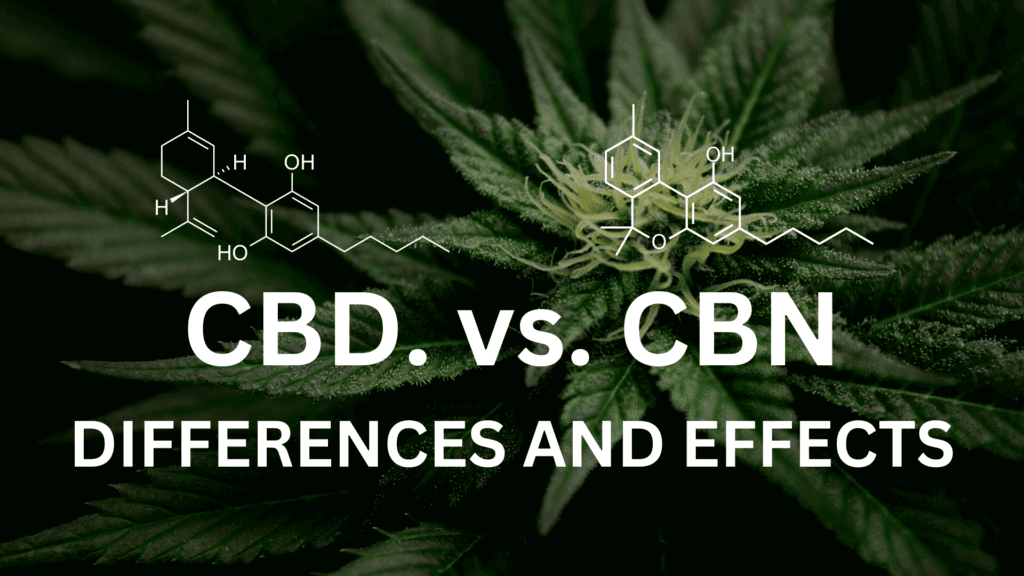Cannabidiol (CBD) and cannabinol (CBN) are two of the 100+ cannabinoids that can be derived from cannabis extracts. If you have been in the cannabis space for quite some time, you probably know more about CBD than CBN. Let us compare CBN vs. CBD.
Since some states have legalized cannabis use, the demand for CBD products has gone through the roof. Many people use CBD products to ease anxiety symptoms or help them deal with chronic pain. On the other hand, there has not been a lot of research on humans to find out what benefits CBN might have. But a few studies have suggested it can be used for pain relief.
Even though their molecular structures look very similar, CBN and CBD are two different cannabis compounds. By looking at how CBN and CBD differ, you can learn more about which cannabinoid is best for you.
The Endocannabinoid System and Cannabinoids
Cannabinoids, like CBD and CBN, are cannabis plant compounds that affect your body’s endocannabinoid system. When you consume these compounds, the complex interactions between the cannabinoids and your endocannabinoid system can make you feel various side effects or potential benefits.
Scientists have identified and separated over a hundred cannabinoids from the cannabis plant. Each cannabinoid may have a unique effect on the body, which is determined by how that particular cannabinoid interacts with the endocannabinoid system of the user.
Researchers have found that the effects of cannabinoids are usually strongest and most intense when they are taken together rather than as individual molecules. This phenomenon is called the “entourage effect.” You can experience the entourage effect when consuming products that contain both CBD and CBN.
What Are the Potential Benefits of CBD, and How Can It Be Used?
CBD, unlike other cannabinoids like THC, does not induce high. CBD research is still in its early stages, but several preliminary studies have shown promising results and found that CBD has a good safety profile.
CBD can be bought in various forms, like gummies, oils, tinctures, creams, lotions, pills, capsules, and more. So far, researchers have found the following about the possible benefits of CBD:
Managing anxiety and depression
Cannabidiol, or CBD, could be an alternative to traditional medicine for managing anxiety and depression. One possibility is that it interacts well with the 5-HT1A receptors in the body.
In a 2019 study from Brazil, 57 volunteers were given either a placebo or 150 mg, 300 mg, or 600 mg of CBD. People in the study who got 300 mg of CBD had less anxiety than those who got a placebo.
Another study in 2019, led by Dr. Scott Shannon, provided study participants with 25 mg to 175 mg of CBD per day, depending on whether they had anxiety or sleep disorder. After a month, 79.2% of the sample reported that their anxiety symptoms improved.
Reducing seizure occurrence
Several studies show that CBD could manage neurodegenerative diseases such as multiple sclerosis, Parkinson’s, Alzheimer’s, and epilepsy. Studies are still being done to see if CBD benefits these diseases.
In addition, the Food and Drug Administration (FDA) has approved the use of CBD medicine sold under the brand name Epidiolex to treat Lennox-Gastaut syndrome, Dravet syndrome, and seizures caused by tuberous sclerosis complex.
Getting better sleep
Users believe that CBD is a great sleep aid. Some evidence suggests that CBD may help people sleep better. However, more research is needed to understand how it could be used optimally. In the same study, which was done in 2019 and led by Dr. Scott Shannon, the researchers found that after a month of taking between 25 mg and 175 mg of CBD every day, 66.7% of the people who took part said they slept better.
Alleviating pain
CBD may be useful for managing chronic pain by interacting with the body’s endocannabinoid system. As part of a 2018 study, seven people who had just gotten a kidney transplant were given CBD in doses ranging from 50 mg to 150 mg twice a day for three weeks. Two patients said their pain went away completely; four said it went away partially, and one said nothing changed.
Helping with the management of cancer symptoms
Some research suggests that CBD may help with the pain and nausea that can come with cancer treatment.
Also, some early research suggests that CBD may stop cancer cells from growing. According to research that looked at how cancerous the pancreas was, CBD may help slow the growth of tumors and speed up the rate at which tumor cells die. However, not enough conclusive scientific evidence exists yet.
What Are the Potential Benefits of CBN, and How Can It Be Used?
Before CBN can be made, THC must be broken down. It makes you feel high, but not as much as THC. CBN does not get as much attention as CBD since there is not much cannabis research that looks into its potential health benefits. Products that contain CBN are often advertised as sleep aids, but these claims need a lot more research to back them up.
Here are some of the most common ways CBN is used, as well as some of its possible benefits:
Achieving quality sleep
A lot of people say that CBN helps them sleep. One study done in 1975 shows that it can work as a sleep aid. When the study participants were given both THC and CBN, they felt more relaxed than when they were only given THC.
Easing pain
In a 2019 study, CBD and CBN were administered to mice with myofascial pain. When CBN and CBD were used together, they were much more effective than when they were used separately. Researchers concluded that CBN and CBD might ease fibromyalgia pain and temporomandibular disorders.
Decreasing inflammation
There is some evidence that CBN may reduce the inflammation that arthritis causes in rats. However, clinical trials done in humans are needed to understand what benefits the cannabinoid could have fully.
If you want to try CBN, consider this CBN tincture or CBN isolate.
How CBD and CBN Differ
CBN is a minor cannabinoid that is only found in minimal amounts in cannabis plants. It is primarily found in old cannabis that has been exposed to oxygen. In other words, CBN is a byproduct of THC’s natural breakdown and aging.
On the other hand, CBD is found in large amounts in cannabis plants. It is the next common cannabinoid found in cannabis, after THC. CBD, unlike THC, does not make you feel high. It may also counteract some of the adverse effects of THC, like anxiety and paranoia.
CBD and CBN have similar molecules, but their effects are different. Most manufacturers use “decarboxylation,” which involves heating cannabis. Some expose THC-rich strains to high levels of ultraviolet light to force oxidation and mimic how dry cannabis naturally ages.
CBD, THC, and CBN all have different effects on how the endocannabinoid system in the body reacts to them. The endocannabinoid system is made up of two receptors that control several essential health functions. CB1 receptors are found in the nervous system, while CB2 receptors are found in the cells and tissues of the immune system.
These cannabinoid receptors can bind to both cannabinoids and endocannabinoids. THC, for example, can bind directly with CB1 receptors. In the same way, CBN can bind to CB2 receptors. CBD has an indirect effect on these receptors because it activates enzymes that are responsible for stimulating these receptors.
Does CBN Work Better Than CBD?
CBN can be psychoactive when taken in extremely high doses. It is a bit more psychoactive than CBD, but it is nowhere near as potent as THC. CBN is only available in scarce amounts among cannabis plants, which is one of the reasons why there is not a lot of it. However, when you look at both CBD and CBN’s medical properties, CBD comes out on top.
Conclusion
CBN and CBD are two of the cannabinoids found in the cannabis plant. Even though their molecular structures are similar, what they do is quite different. CBN comes from THC but does not have the same effects because it only weakly binds to the receptors. It has some psychoactive effects, but they are nothing like THC.
More research has been done on CBD, indicating that it may help manage chronic pain, anxiety, and depression. More research is needed to conclude the possible effects and benefits of CBN.
Since both cannabinoids may have positive effects, it is suggested that they be used together to take advantage of the entourage effect. However, if you want to treat certain conditions, you should talk to a doctor.
Frequently Asked Questions
How does CBD differ from CBN?
CBD and CBN are both found in cannabis but are different from each other in several ways. One of the essential differences between CBD and CBN is how they are produced. When THC is exposed to things like heat, light, or oxygen for a long time, it starts to break down and change into CBN. Because of this, cannabis strains with high amounts of THC are also likely to have high amounts of CBN.
One more difference between CBD and CBN is that each compound may have different therapeutic effects. Even though both substances are thought to have some therapeutic potential, research on CBD has been done on a much larger scale and has shown promising results in several fields. Researchers have considered that CBD could help ease pain, reduce anxiety and inflammation, and improve sleep quality. Also, it has been looked at to see if it could be used to treat epilepsy and other neurological diseases.
On the other hand, not much research has been done on how CBN might be used as a medicine. Based on the results of a few studies, CBN could be used as an anti-inflammatory, pain reliever, and sleep aid. On the other hand, more research must be done to understand the possible therapeutic benefits of CBN fully.
Is CBN a narcotic?
CBN is not a narcotic. A narcotic, like opioids, is any chemical that can make you sleepy, drunk, or sleepy. Narcotics are most often used as painkillers in the pharmaceutical industry. Using narcotics is often linked to addiction, dependence, and overdose.
CBN is not considered a narcotic because it does not have sedative properties. It has been shown that CBN has very mild psychoactive effects, but it does not give you an intense “high” as THC. Even though CBN has been shown to have some potential therapeutic effects, it is not usually used as a first-line treatment for pain or other medical problems.
For a better explanation, check out everything you need to know about CBN here.
Will CBN make me tired?
Only a small amount of research has been done on how CBN affects the body, but it may have some uses in medicine. However, more research is needed to understand its effects fully. Some people might sleep better or feel calmer after taking CBN, while others might not feel any different.
It is important to remember that the effects of CBN may be different per user and may also interact with other drugs or medicines you are already taking. If you are considering taking CBN for its possible therapeutic benefits, it is always a good idea to talk to a healthcare professional first.
Does CBD convert to CBN?
The answer depends not only on how the CBD is stored but also on how old the plant material is. When THC is broken down, it makes CBN. This happens naturally over time as the THC in the plant material oxidizes and ages. Thus, cannabis plants that are older or not appropriately stored may have more of the cannabinoid called CBN.
However, CBD can also change into CBN under the right conditions through decarboxylation. Decarboxylation happens to the CBD molecule when it is exposed to heat or light. You can think of this change as an acid-base reaction. During the decarboxylation process, the CBD molecule will lose its carboxyl group, leading to CBN formation.
In other words, CBD does not turn into CBN right away. If you want to get CBN, you should use products made from older cannabis plants.
Are You Looking For CBD and CBN Products?
Are you searching for safe and effective CBD and CBN products? Explore the product page of Harbor City Hemp! Don’t forget to check the Harbor City Hemp Discount Program to see if you are eligible for a 30% discount.




